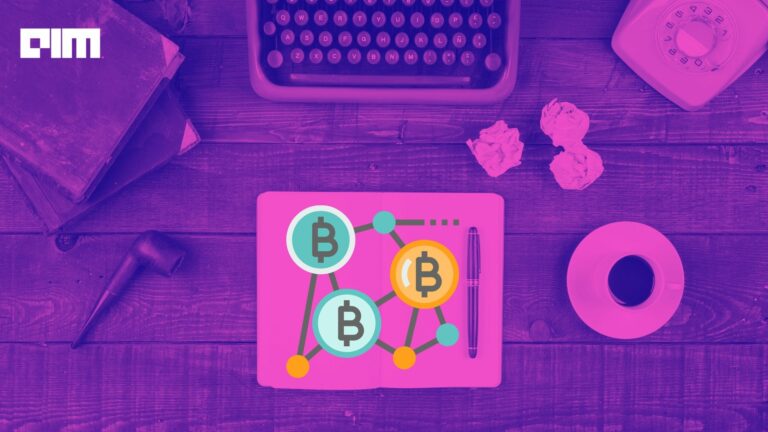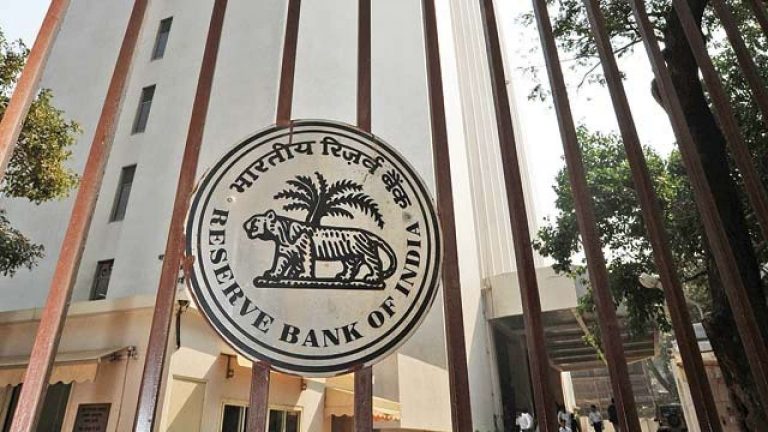|
Listen to this story
|
Earlier this month, RBI launched a pilot project for the digital rupee for business. It’s part of a long-term initiative where RBI is planning to launch the e-rupee gradually to the masses. The digital rupee, to the unknown, is merely another form of the traditional rupee where it promises the bearer to pay a specific amount of rupee. However, unlike the traditional rupee, it is not supported by gold or coal but rather by the government.
The primary distinction between digital and traditional currency is the speed and real-time nature of cryptocurrency transactions. Transactions in traditional currency typically take a few days to settle. For instance, if you purchase a packet of chips from a store and pay the shopkeeper INR 20 via UPI or internet banking, your bank will send the message to the receiving bank as money paid—even though neither the sending nor the receiving banks are actually transferring the funds.
In actuality, the transaction request information is kept by both banks and, at the end of the day, the outstanding balance is settled. However, with the aid of digital currency, this settlement can take place virtually immediately—eschewing the typical time-consuming money transfer procedure.
But what does the future of such a currency entail? Could this virtual rupee now be put to use to help certain populations, like the refugees? Could the much-desired e-rupee be the answer to financial inclusion? Could Indians living abroad send money home without using the SWIFT payment systems with the help of the digital rupee? Let’s investigate.
Smart Contracts
Consider yourself a refugee in India residing in one of the many camps. You lack the necessary documentation to prove your identity, which prevents you from opening a bank account. Without a bank account, one cannot obtain loans and, as a result, refugees frequently turn to forgeries and other criminal activities to enter the mainstream population.
Countries like Finland are utilising blockchain technology to address these concerns. The Finnish government is giving out prepaid cards to those without bank accounts in association with the fintech startup, MONI. The cards are associated with a digital identity that keeps track of the user’s spending patterns and can be used by the individual to demonstrate their credit score when applying for loans in the future.
Although it relies heavily on blockchain technology and offers authenticated identity through a decentralised identity system, the card itself functions like any other debit card. To the user, it might appear to be a regular credit card, but MONI handles the cryptographic handshake required to carry out the transaction in digital currency as well as the conversion from digital currency to fiat currency.
According to MONI, their card is the modem bringing the revolution if the blockchain is comparable to the early-stage internet—both available to select few with resources.
Bypassing the SWIFT payment systems
If you are living abroad and want to send money home, it will take around a couple of working days with a processing charge of 3–4%. For day-to-day transactions, it may not seem significant, but when two businessmen send or receive money, it becomes a huge headache.
For instance, suppose Tausif, who resides in Scotland, wants to send his business colleague, Moushmi, who resides in India, a payment of INR 100 crore. Tausif will now have to wait a few days and pay a transaction fee of 3–4% (about INR 3–4 crore) because of the SWIFT system. A working capital of INR 100 crore stuck for a few days is a significant issue for a business and adds latency to daily operations.
With the advent of digital rupee, this process can be bypassed completely and in real time too.
Is there a future?
There certainly seems like there is a future for the digital rupee. It may be utilised in a variety of ways to assist those in need—such as refugees and other marginalised communities along with the Indian diaspora sending regular remittances and conducting international business transactions. Digital currency can also be used for money transfers in remote locations like the Andaman and Nicobar islands since it doesn’t require internet connection.



















































































